You may have heard airlines, airports, and the media refer to IATA winter and summer schedules. While airlines may have their own seasons,' the summer and winter being addressed here are IATA-defined seasons for slot allocation at airports, i.e. the times that airlines can operate flights. These are the two times each year that slot use and allocation are assessed and adjusted.
IATA and slot allocation
There was once a time when airport capacity was not overly constrained, and takeoff and landing permissions were simply negotiated between operators and airports. As airports have become busier, a greater degree of overall coordination and control has been needed. The International Air Transport Association (IATA) has provided this since the 1970s, with a regulated slot process.
IATA defines three categories for airport and slot control based on the capacity and demand for airport use. These are Level 1 (non-coordinated airport), Level 2 (slot-facilitated airport), and Level 3 (coordinated airport). According to IATA, in summer 2019, before the onset of the coronavirus pandemic, 204 slot-coordinated airports globally accounted for 43% of the world's departing passengers.
Get the latest aviation news straight to your inbox: Sign up for our newsletters today.
As you may guess, Level 2 airports include secondary hubs like Salzburg, Newcastle, Hyderabad, Calgary, and many more. Notably, less constrained airports like Chicago O'Hare (ORD), Los Angeles International (LAX), and Newark (EWR) are also Level 2 since they don't require constant coordination. Level 3 airports are familiar hubs like New York JFK, Toronto, London Heathrow, Zurich, Dubai International (DXB), Jeddah, and more. These are the most expensive and difficult to access, requiring airlines to shell out millions or rely on historical rights to maintain access to their slots.
A 'slot' is simply the permission of the airport operator for an airline to land a plane and then take off again, as each slot is effectively a landing and takeoff pair. Slots are fixed for particular times (with flexibility for disruption, of course). You can read more about their allocation process and value in our article here.
Defining the seasons
Slots are allocated to airlines using a defined IATA process, known as the Worldwide Airport Slot Guidelines (WASG). Key to this is the definition of two seasons, namely the winter and the summer. For each season, airlines submit their slot requests and planned usage. An IATA conference is held twice a year, at which these slots are allocated and finalized. Seasons are defined by IATA as:
- IATA Summer schedule - begins on the last Sunday of March and ends on the last Saturday of October.
- IATA Winter schedule - begins on the last Sunday of October and ends on the last Saturday of March.
The summer season began on March 26th, 2023 and the winter season will begin on 29th October 2023. This is a useful reference point for airlines and airports since they can plan to change their capacity to each destination on these dates for universal coordination. You'll often see airlines start and end seasonal routes on these dates and increase frequencies to more popular seasonal cities in late March or October.
Want answers to more key questions in aviation? Check out the rest of our guides here!
These dates are defined in advance, in order for airlines to submit slot requests and airports to submit capacity information. Each season, a slot conference is held to allocate slots to existing and new airlines.
For this winter, airlines will have to submit requests by early May ahead of the slot conference on June 11th to 15th. The ongoing season's slots were decided in November, giving airlines a good five months to analyze their slot allocations and decide routes accordingly.
Re-allocating slots
The seasons and allocation process does result in some slot reallocation. If airlines are not using slots sufficiently, they will be returned and reallocated to other airlines. There are strict rules for slot usage that airlines must adhere to. Normally, airlines must use the slots for at least 80% of each season.
However, at the start of the coronavirus pandemic, this led to some situations where airlines were flying empty aircraft just to keep slots, with these movements being known as 'ghost flights.' This was resolved with slot waivers in place from the summer 2020 season, whereby airlines didn't have to fully utilize slots to keep hold of them.
The threshold was slowly brought back to 50% and is now almost back to the regular 80/20 rule, barring certain markets which are yet to recover (such as the US to Asia-Pacific). Wizz Air was one critic of this, as it stifled the carrier's growth and prevented it from taking unused slots and starting a flurry of new routes.
When slots are unused or returned to the pool, they are reallocated to airlines according to the guidelines. IATA says that this aims to "ensure the most efficient declaration, allocation and use of available airport capacity in order to optimize benefits to consumers, taking into account the interests of airports and airlines."
The allocation should consider existing operators, as well as allow access opportunities for other airlines and startups. As such, the IATA guidelines state that 50% of available capacity should be allocated to new entrants. Indeed, when JetBlue was denied access to Amsterdam Schiphol Airport (AMS) as a new operator, it escalated the matter to the US Department of Transportation, following which the airport provided temporary slots for this season.
Selling slots
Slots at the busiest airports can also function as rather valuable assets for airlines, as they can be traded and sold to other carriers. This operates separately from the IATA seasons and slot reallocation process. Although IATA does not auction or sell available slots itself, it does permit airlines to trade slots in this manner.
The most desirable slot pairs can sell for very high prices. One of the most expensive deals to date was the purchase in 2016 of a pair of slots by Oman Air from Air France-KLM for $75 million. This was a much sought-after early morning London Heathrow arrival slot. More recently, Air New Zealand sold its slot pair (for less desirable times) in 2020 for NZ$42 million ($27 million).
Back to business
After nearly six seasons of waivers and relief, it's back to business in almost all jurisdictions. Airlines will be expected to fly 80% of their allocated slots or risk losing them at the next conference. However, regulators have been proactive to ensure that airports can cope with the capacity they first recorded. The FAA is currently requesting airlines to hand back slots at facilities like Reagan Washington National Airport (DCA) to prevent massive delays from May to September. However, carriers will be happier that overdemand is their new issue, rather than oversupply three years ago.
What do you make of IATA's seasonal schedules and slot rules? Have you ever flown to or from an airport that you know to have been slot-controlled? Let us know your thoughts and experiences in the comment section!

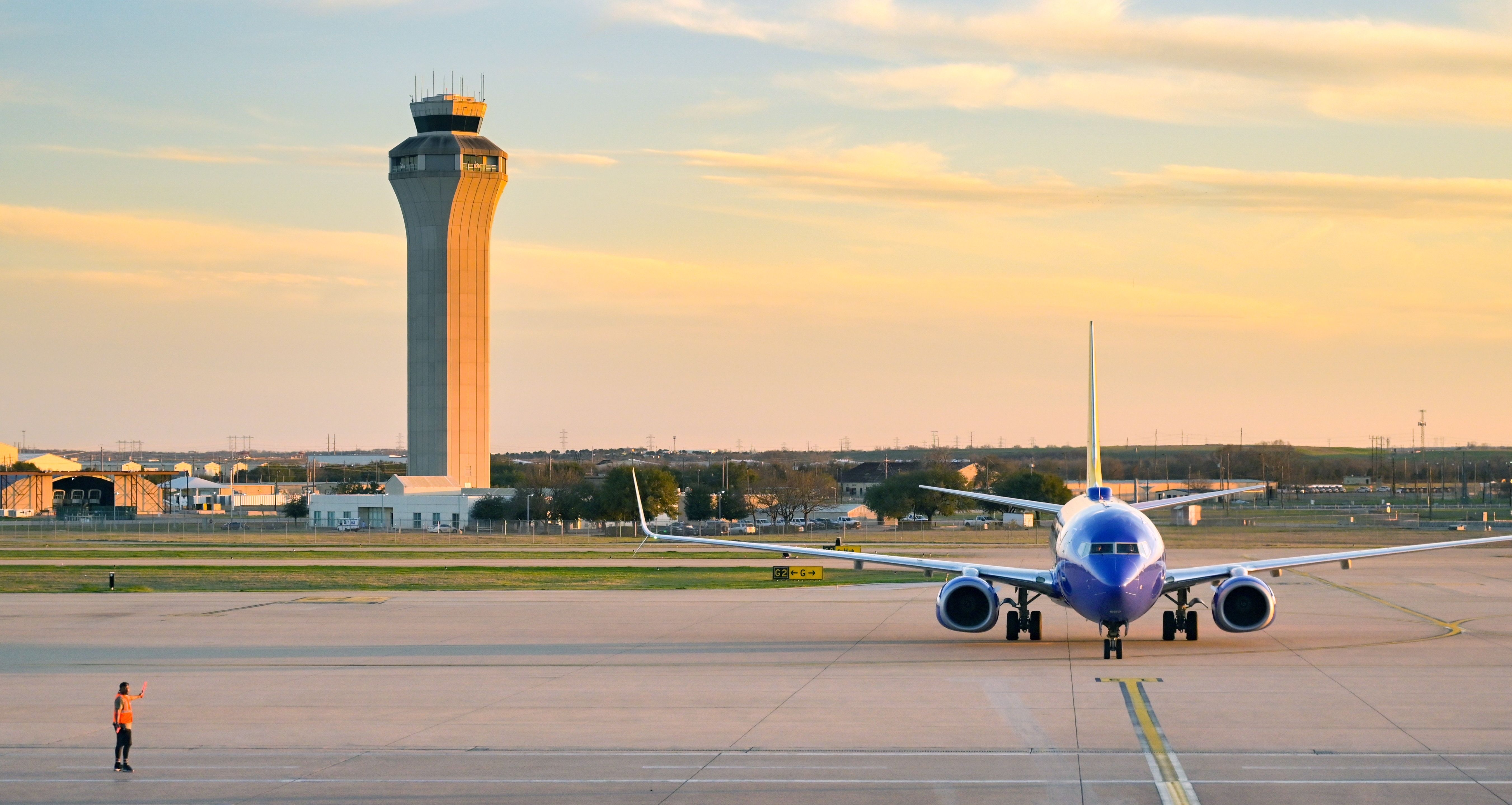
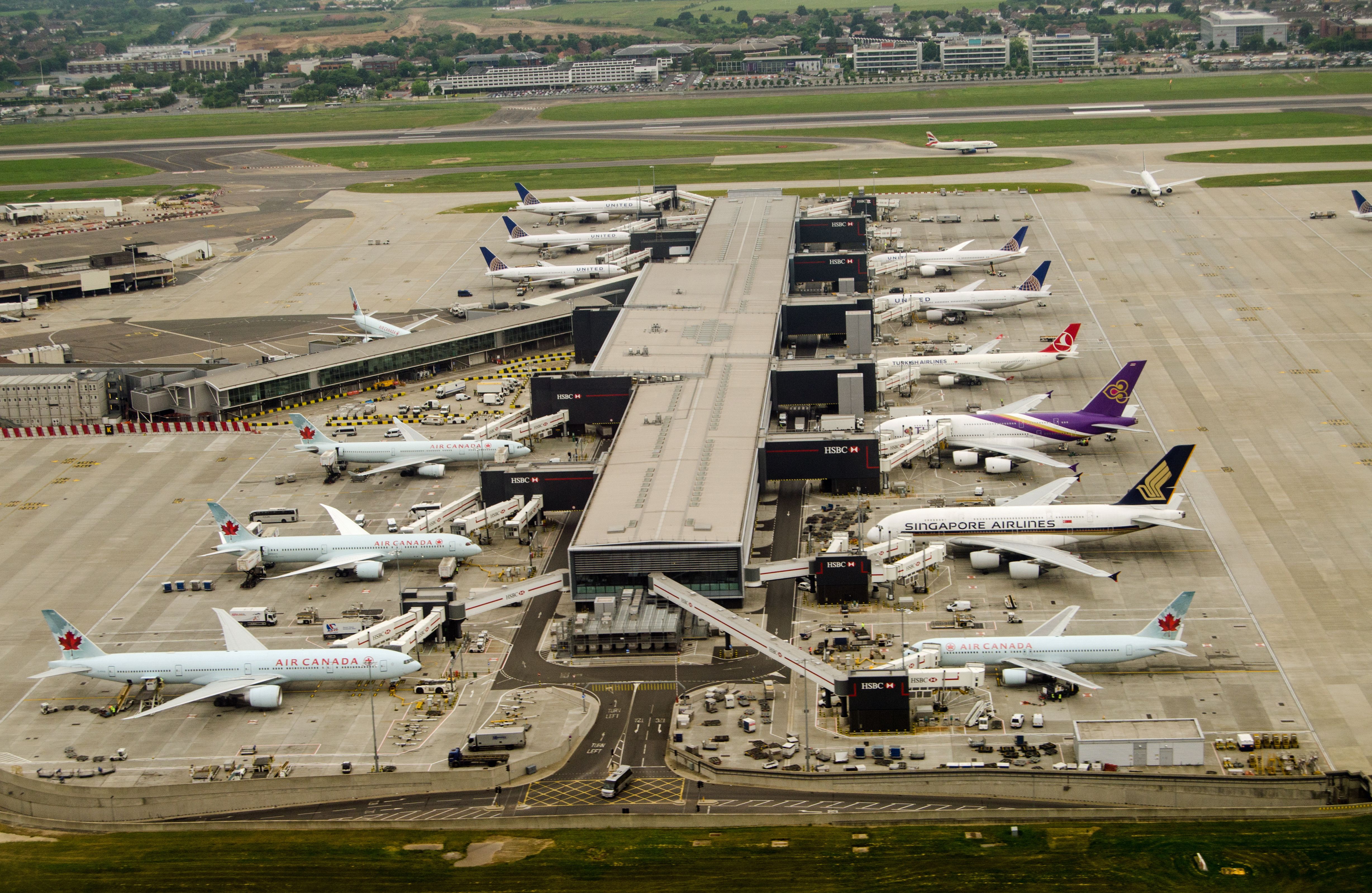
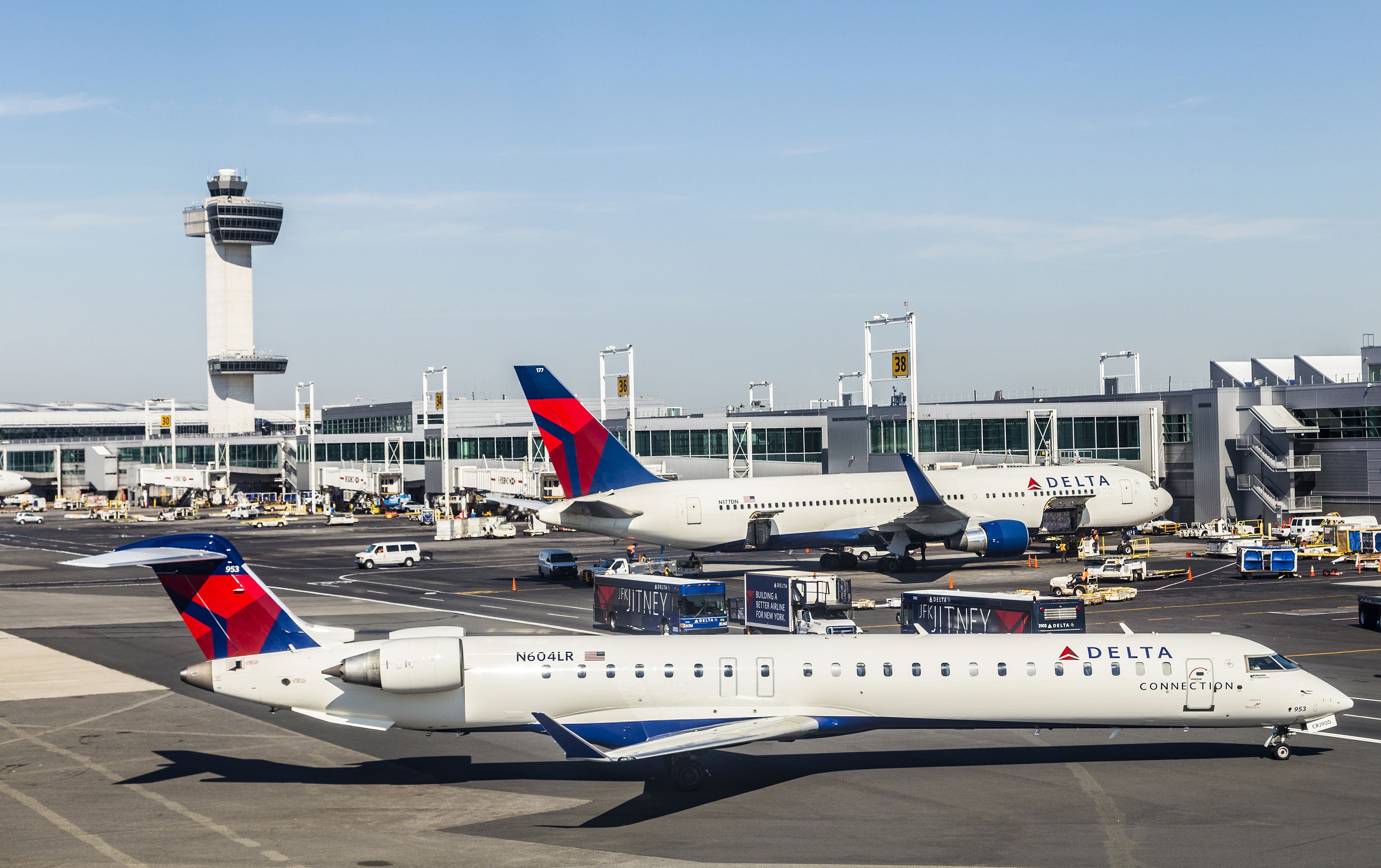
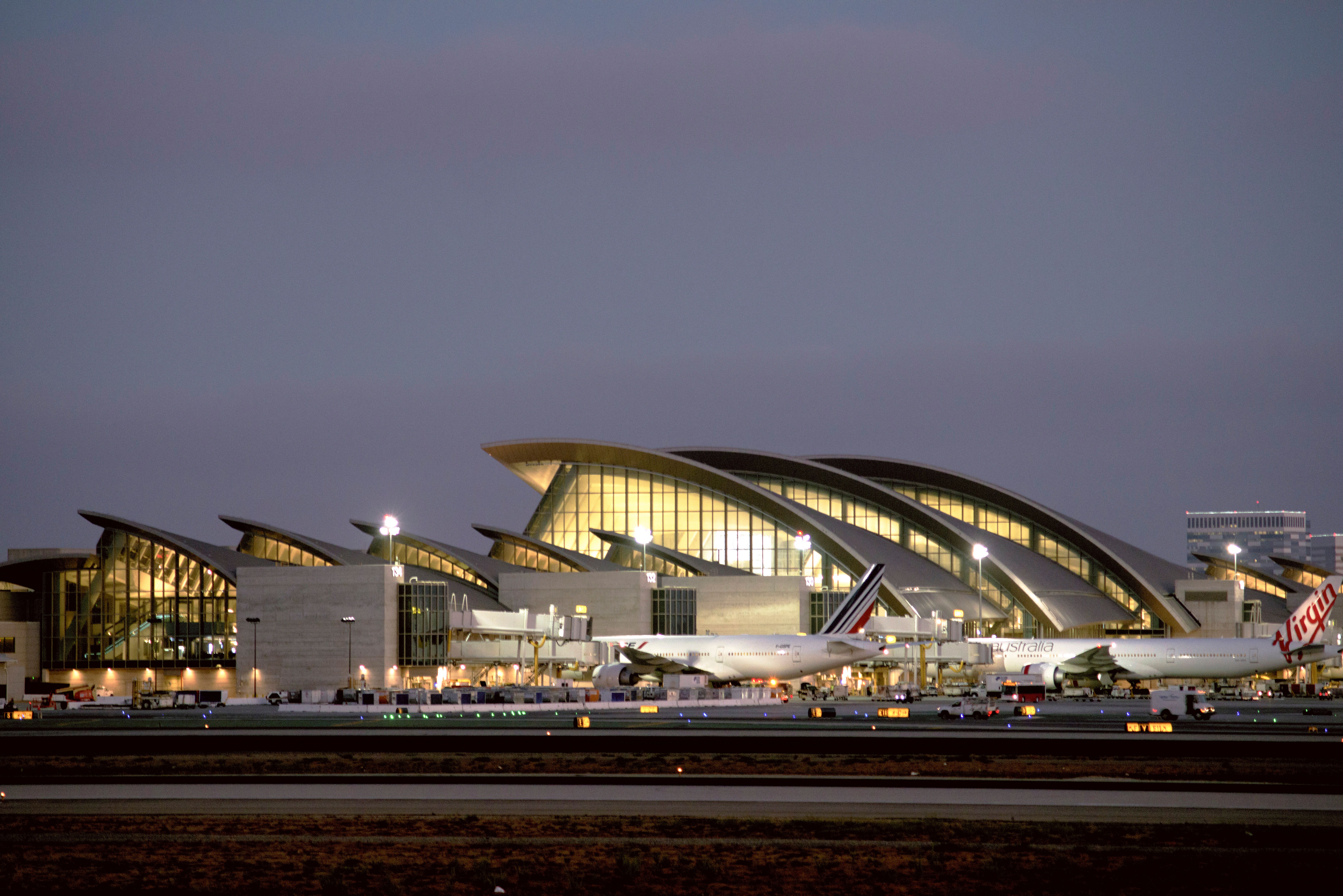
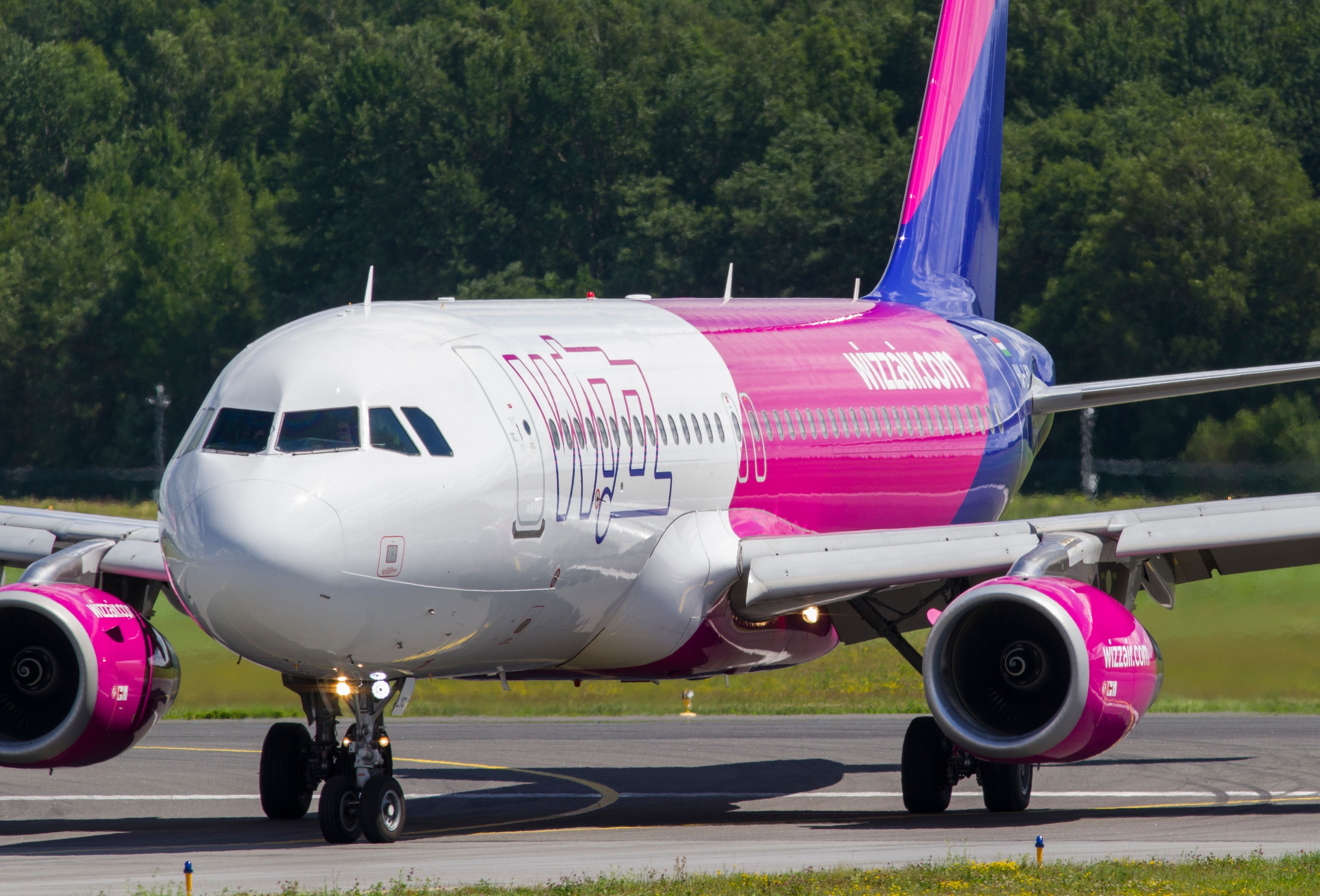
.jpg)